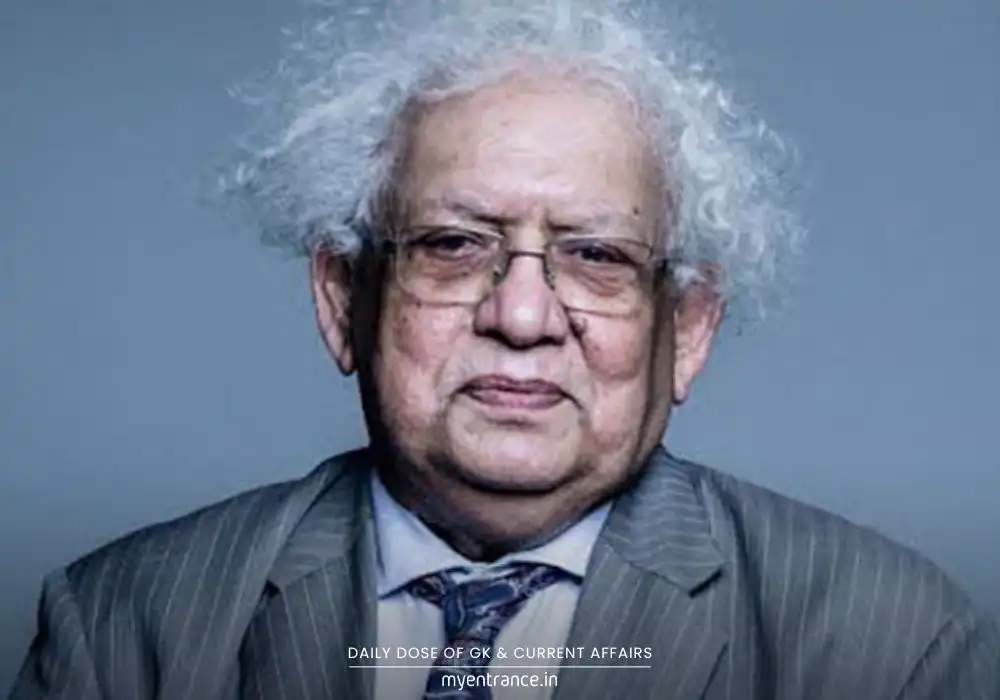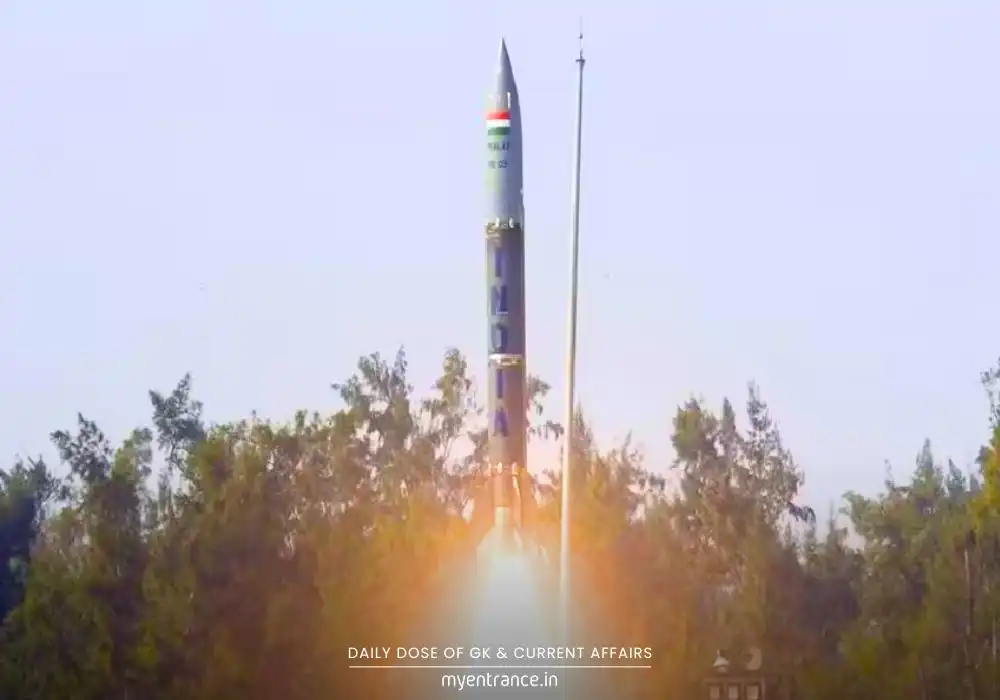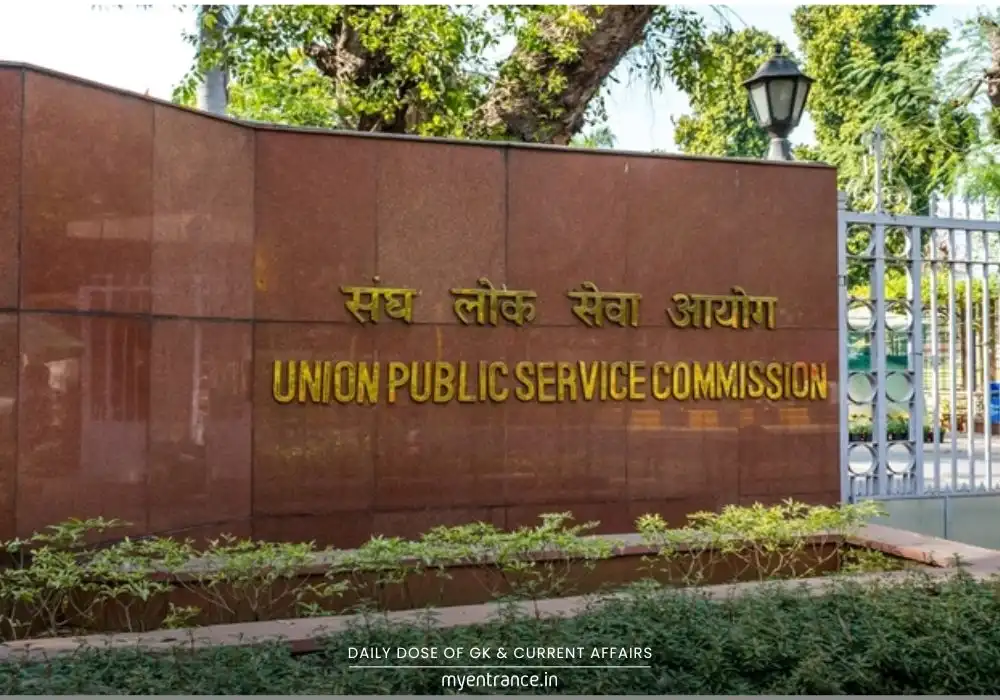Translate Language
Who Was Lord Meghnad Desai? The Economist Who Bridged India & the UK
Lord Meghnad Desai, a distinguished economist and policymaker, passed away on 29 July 2025 in London at 85. His career spanned academia, politics, and journalism, influencing economic thought in both India and the UK. A rare blend of Marxist theory and pro-market advocacy, Desai’s work remains crucial in today’s debates on inequality and development.

Who Was Lord Meghnad Desai?
A globally respected economist, Lord Meghnad Desai was known for his sharp intellect, fearless opinions, and ability to bridge ideological divides. Born in Vadodara, Gujarat (1940), he rose to prominence through his academic work at the London School of Economics (LSE) and later as a member of the UK House of Lords.
Key Aspects of His Life & Career:
Early Life & Education:
Studied economics at the University of Mumbai before earning his PhD from the University of Pennsylvania.
Focused on development economics, examining how poor nations could achieve growth.
Meghnad Desai’s Academic Legacy at LSE:
Joined LSE in 1965, became a Professor of Economics in 1983.
Founded the Centre for the Study of Global Governance (1992), analyzing post-colonial economies.
Blended Marxist theory with classical economics, encouraging critical debates on capitalism.
Meghnad Desai’s Political Career in the UK:
Granted a life peerage in 1991 as Lord Desai of St Clement Danes.
Initially aligned with the Labour Party but later sat as an independent crossbencher.
Advocated for India-UK relations, immigration reforms, and global economic policies.
Author & Public Intellectual:
Wrote over a dozen books and 200+ articles, including:
Marxian Economic Theory (1973) – A critical analysis of Marxist economics.
India Grows at Night (2013) – Discussed India’s economic reforms and governance challenges.
A regular columnist, simplifying complex economic ideas for the public.
Meghnad Desai’s Impact on India’s Economic Policies:
Advised Indian policymakers during economic liberalization (1990s).
Supported democratic capitalism with strong social safety nets.
Bridged left-wing and right-wing economic thought in India.
Awards & Recognition:
Awarded the Padma Bhushan (2008) for contributions to public affairs.
Held advisory roles at the UN, World Bank, and other global institutions.
Key Questions About Lord Meghnad Desai (Q&A)
1. Why was Lord Meghnad Desai significant in economics?
He merged Marxist theory with market economics, offering unique perspectives on development, capitalism, and inequality.
2. How did he influence India-UK relations?
As a member of the UK House of Lords, he pushed for stronger economic and diplomatic ties between the two nations.
3. Was he a Marxist or a capitalist?
Surprisingly, both. He critically analyzed Marxism but later supported market-driven reforms with social justice.
4. What were his views on India’s economic growth?
He argued that India grew “at night” (through private enterprise) while the government “slept,” advocating for better governance.
5. What is his lasting legacy?
A thinker who challenged dogma, his work remains relevant in debates on globalization, inequality, and democracy.
Lord Meghnad Desai was a rare intellectual—equally comfortable in Marxist critique and capitalist policy-making. His ideas continue to inspire economists, students, and policymakers worldwide. For aspirants preparing for UPSC, SSC, or other competitive exams, understanding his contributions can provide deeper insights into economic theory and global governance.
Get 3 Months Free Access for SSC, PSC, NIFT & NID
Boost your exam prep!
Use offer code WELCOME28 to get 3 months free subscription. Start preparing today!















